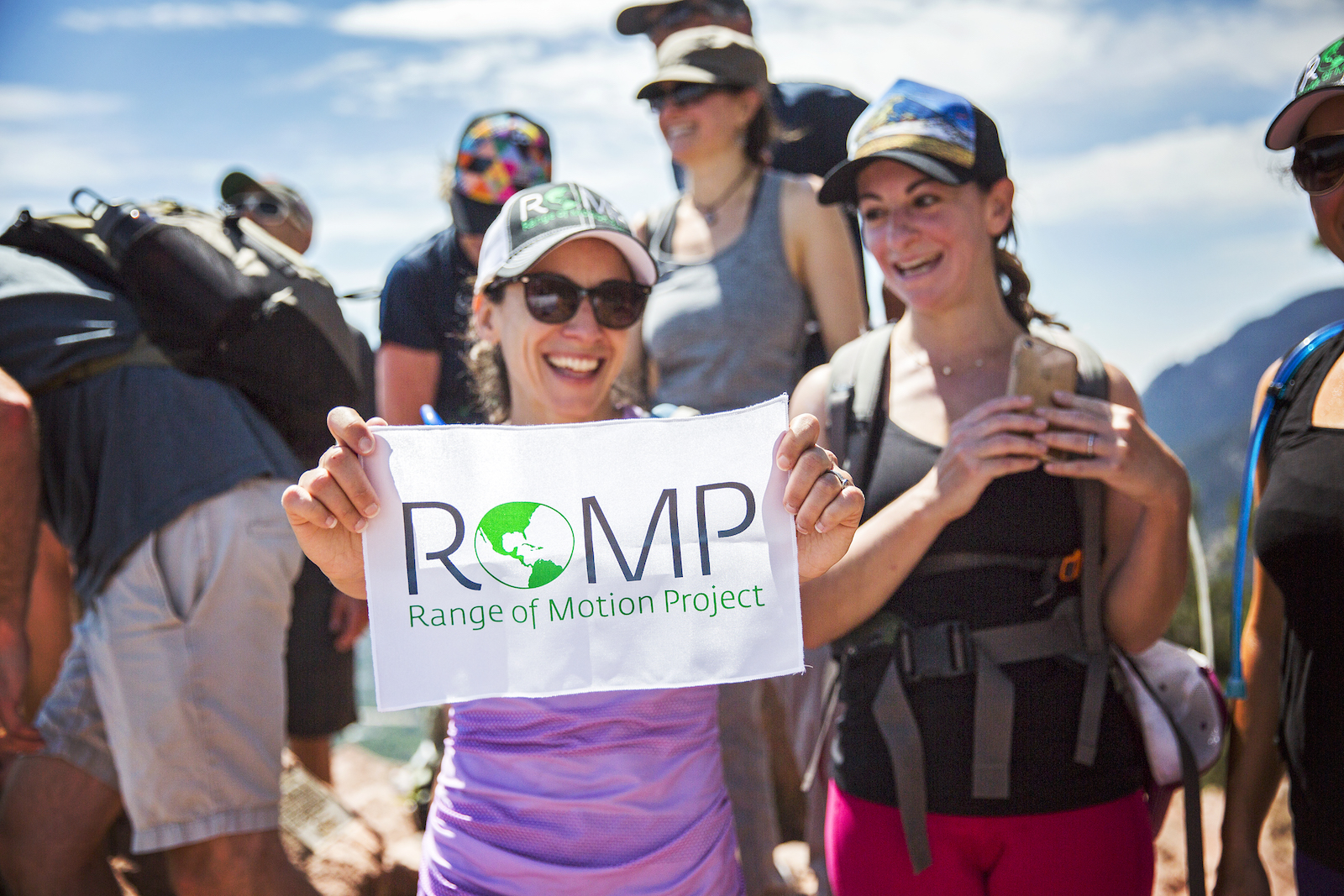The Local newsletter is your free, daily guide to life in Colorado. For locals, by locals.
In the mountains of rural Guatemala, it’s difficult to get around, even if you have two legs. If you’re an amputee who’s missing a limb, though, simply walking down the street can become an arduous task. When Dave Krupa visited the impoverished country in the early 2000s, the certified prosthetist witnessed people hobbling along the uneven roads with crutches. Some had made DIY prosthetics out of a hodgepodge of wood, leather, twine, PVC pipe, or rubber—essentially souped-up peg legs. A select few had gotten their hands on devices custom-made for other folks that they tried to adapt to their own bodies, using towels, rags, or rope to strap on the mismatched parts.
Krupa had seen similar sad scenes in Haiti and Ecuador. An amputee himself (his left foot was amputated due to a birth defect) who’d enjoyed a relatively normal childhood thanks to a prosthesis, he was well aware that a manufactured limb could be the key to a functional life. Watching Latin Americans struggle to move, let alone go to school or look for a job, simply because they lacked access to these devices was too much for him to stomach.

And so Range of Motion Project (ROMP) was born in 2005. (Initially based in Chicago, the organization relocated its headquarters to Denver when one of the co-founders moved there around 2010.) Over the past 13 years, the nonprofit has hired local health practitioners in Zacapa, Guatemala, and Quito, Ecuador, and trained them to provide prosthetic services. It’s worked to develop new technologies like 3D-printed hands at a third to a fifth of the cost of prosthetic hands made with more robust materials. It runs arguably the largest prosthetic recycling program in the United States, shipping refurbished components of prosthetic devices to Latin America and throughout America. And it raises awareness for the disability cause—and funds to keep its international operations going—through Climbing for ROMP, a summer initiative during which physically challenged athletes and allies summit peaks around the world and revel in their mobility.
The concept sprang from an experience several years ago when an amputee friend of Krupa’s asked to go hiking in Ecuador. “He was totally beat the next day, but he was so happy to have been able to do that,” Krupa says. “Watching him hiking this trail that I’ve gone to many, many times, his sense of awe and wonder as he was experiencing this new place, environment, activity, got me thinking, ‘Wow, can we give this to other amputees?’”
This will be the fourth year ROMP has done just that, raising about $200,000 total. The signature event will take place in Ecuador, where Krupa and others will climb the volcanic Cotopaxi, the country’s second-highest mountain at 19,347 feet. Closer to home, Coloradans can join famous local athletes, including military veteran Chad Jukes, who summited Mt. Everest in 2016, and three-time Paralympic alpine skiing bronze medalist Sandy Dukat on June 30 to hike Mt. Bierstadt. (Another Climbing for ROMP event will take place at Mt. Sanitas on August 11.)
The $40 registration fee and any additional dollars you raise will go directly back to ROMP and its various projects. Recently, the organization launched a pilot program for Guatemalans, in which 10 patients get comprehensive screenings of their general and mental health, livelihood, and socioeconomic status to determine what kind of wide-ranging solutions they might require beyond just prosthetic devices. For instance, some might need a resume workshop or help preparing for job interviews—because their amputations had previously prevented them from working full time. Others could undergo nutritional coaching or therapy sessions to deal with trauma. “As prosthetists, we have this role of unlocking people’s potential by pushing them a little bit into uncomfortable spaces when they’re asking for it,” Krupa says. “That’s why mountaineering and hiking are such important symbols of our work. You can always reach for something higher—sometimes it might be a little summit, but sometimes, it takes other forms.”








